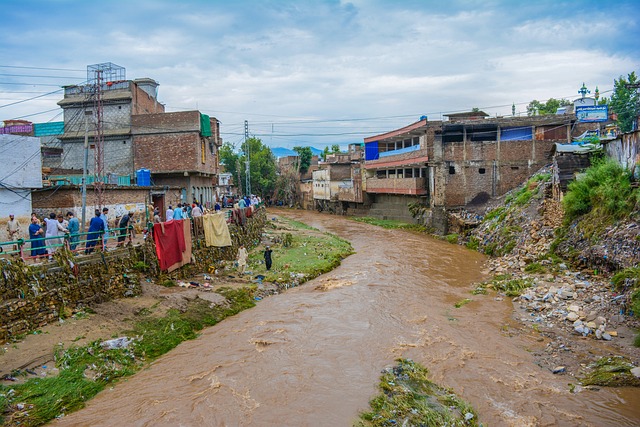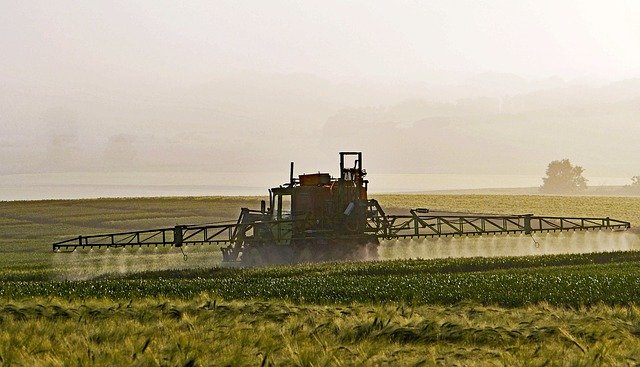Pakistan, like many other nations around the globe, is grappling with the far-reaching consequences of climate change. The sudden and alarming shift in weather patterns, particularly witnessed in Karachi on March 1, 2024, has raised concerns about the future resilience of the country in the face of this global challenge. This article explores the impact of climate change on Pakistan, focusing on the recent emergency declaration by the Sindh government and the implications for the nation’s future.
You might also be interested in reading: Climate Change in Pakistan- Its Effects and Solutions
The Emergence of Climate Change in Pakistan:
Over the past few decades, Pakistan has experienced a noticeable increase in the frequency and intensity of extreme weather events, ranging from heatwaves to unexpected cold spells. The country’s vulnerability to climate change is exacerbated by factors such as deforestation, urbanization, and inefficient water resource management.
The Karachi Emergency Declaration:
On March 1, 2024, the Sindh government declared a state of emergency in Karachi in response to an unprecedented rain spell. This rapid change in temperature raised concerns about the city’s preparedness for extreme weather events and prompted urgent measures to safeguard the population. The emergency declaration underscores the immediate need for comprehensive climate adaptation strategies and infrastructure development in urban areas.
Also check out: Exploring Pakistan’s Vulnerability to Climate Change: A Closer Look
Global Climate Change Impact on Pakistan:
The sudden cold weather in Karachi serves as a microcosm of the larger global climate change crisis. According to the Intergovernmental Panel on Climate Change (IPCC), rising global temperatures contribute to extreme weather events, including both heatwaves and unseasonal cold spells. Pakistan, being an agricultural economy, is highly vulnerable to such fluctuations, impacting crop yields, water availability, and overall economic stability.
Implications for Agriculture:
One of the most vulnerable sectors in Pakistan is agriculture, which heavily relies on predictable weather patterns. Unforeseen changes in temperature and precipitation can lead to crop failures, affecting food security and the livelihoods of millions of farmers. The government must prioritize sustainable agricultural practices and invest in resilient crop varieties to mitigate the impact of climate change on this vital sector.
Urban Infrastructure Challenges:
The emergency declaration in Karachi sheds light on the inadequacy of urban infrastructure to cope with extreme weather events. Poor drainage systems, lack of green spaces, and inadequate housing contribute to the vulnerability of cities like Karachi. Climate-resilient urban planning and infrastructure development are essential to protect the growing urban population from the adverse effects of climate change.
International Cooperation and Adaptation Strategies:
Addressing the challenges posed by climate change requires a collaborative effort on both national and international levels. Pakistan must engage in partnerships with other nations to share knowledge, resources, and technology for effective climate change mitigation and adaptation. Additionally, investing in renewable energy sources and transitioning to a low-carbon economy will play a crucial role in reducing Pakistan’s carbon footprint.
The recent emergency declaration in Karachi serves as a wake-up call for Pakistan to confront the immediate and long-term challenges posed by climate change. Urgent action is needed to strengthen infrastructure, implement sustainable agricultural practices, and foster international collaboration. By adopting adaptive strategies and embracing a collective approach, Pakistan can build resilience against the impacts of climate change and secure a sustainable future for generations to come.
Also read: Lack of Climate Change Research in Pakistan – Need and Importance
This article was contributed by Naveed Wassan.
Naveed Wassan is a dedicated Socio-Climate and political activist hailing from Karachi, is the passionate founder of the Young Leaders Organization. Committed to making a positive impact, Mr. Wassan spearheads a dynamic youth forum focused on Sustainable Development Goals (SDGs). An active learner and emerging writer, he embodies the spirit of change and strives to inspire fellow young leaders in creating a sustainable future.
naveedwassanp786@gmail.com
We hope you liked this post! Please comment below if you have any suggestions, comments or feedback! We at #envpk love hearing from readers! Thanks!




